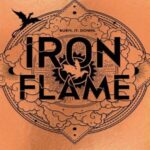This document OceanofPDF.Com A Long Walk To Water Linda Sue Park offers a captivating narrative based on a true story. The story follows the journey of Salva, an eleven-year-old boy separated from his family during the Sudanese civil war in 1985. Readers are taken through Salva’s challenging trek through southern Sudan, Ethiopia, and Kenya in search of safety. The narrative sheds light on themes of survival, resilience, and the importance of water. Written by Linda Sue Park, this compelling tale is a poignant account of courage and determination. Follow Salva’s inspiring journey as he overcomes adversity and embarks on a mission to bring clean water to his homeland.















